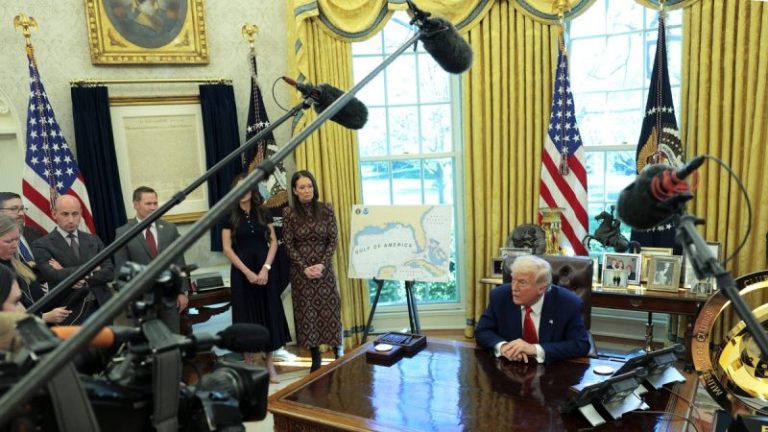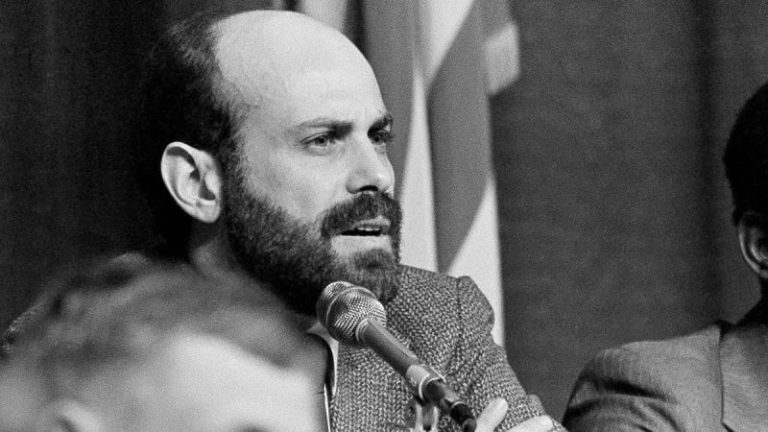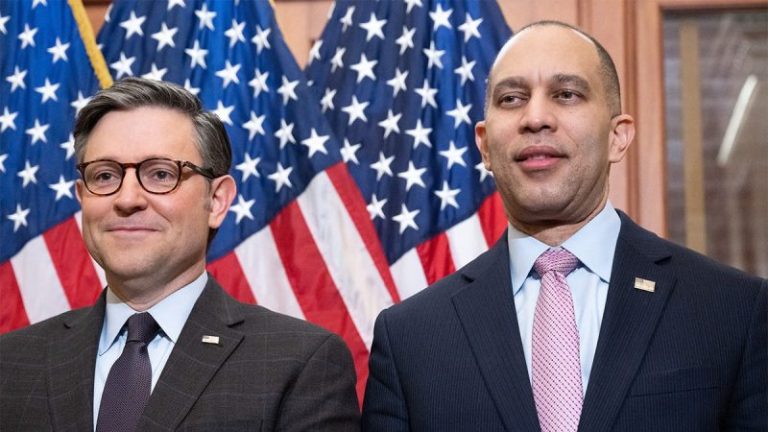President Donald Trump remains adamant that his administration will engage in ‘direct’ nuclear talks with Iran on Saturday in Oman, while Tehran appears to remain equally steadfast in its insistence the negotiations will be ‘indirect.’
Middle East envoy Stever Witkoff is scheduled to travel to Oman, where he could potentially be meeting with Iranian Foreign Minister Abbas Araghchi, though the Iranian official has so far maintained the talks will be held through a third party.
While it remains unclear who will get their way regarding the format of the discussions, Iran expert and senior fellow at the Foundation for Defense of Democracies, Behnam Ben Taleblu, said this public controversy between Washington and Tehran is all a game of leverage.
‘Both sides have an incentive to either overrepresent or underrepresent what is happening,’ he told Fox News Digital. ‘These are often the negotiations before the negotiations.’
‘For the White House, the desire to be seen as having direct talks with the Islamic Republic is high,’ he said, pointing to the lack of direct engagement between Washington and Tehran dating back to his first term and the regime’s deep disdain for the president, as witnessed in an apparent assassination attempt.
While the Iranian government has long held contempt for the U.S., a sentiment that has persisted for decades, Trump is ‘very different,’ Ben Taleblu said.
The security expert highlighted the 2020 assassination of top Iranian Gen. Qasem Soleimani, the crippling effect of the U.S.-sanctioned maximum-pressure campaign and Trump’s open support for the Iranian people as the major issues that have rankled the Iranian regime.
‘Trump is a very bitter pill to swallow, and I think the supreme leader of Iran once said that the shoe of Qasem Soleimani has more honor than the head of Trump,’ Ben Taleblu said. ‘Being seen as directly negotiating with someone [like that] would be making the Islamic Republic look like a supplicant.
‘The U.S. wants to be seen as having driven Iran to the negotiating table, and the Islamic Republic does not want to be seen as being driven to the negotiating table,’ he added.
Tehran’s chief advantage is the fact that, despite severe U.S. sanctions and geopolitical attempts to halt its development of a nuclear weapon, it has made serious gains in its enrichment of uranium to near-weapons-grade quality, as well as with its missile program, a critical component in being able to actually fire a nuclear warhead.
It also has drastically closer ties with chief U.S. adversarial superpowers like Russia and China, whose position and involvement in countering Western attempts to disarm a nuclear Iran remains an unknown at this point.
While Iran holds significant leverage when it comes to negotiating with the Trump administration on its nuclear program, Washington has a plethora of levers it can use to either incentivize or coerce Tehran into adhering to international calls for the end of its nuclear program.
‘The U.S. actually has a heck of a lot of leverage here,’ Ben Taleblu said, pointing to not only more economic sanctions, including ‘snapback’ mechanisms under the United Nations Security Council, but also military options.
Trump last month threatened to ‘bomb’ Iran if it did not engage in nuclear talks with the U.S.
But some have questioned how long the administration will allow negotiations to persist as JCPOA-era snapback sanctions expire in October 2025.
The White House would not confirm for Fox News Digital any time restrictions it has issued to Iran, but Trump on Wednesday told reporters, ‘We have a little time, but we don’t have much time.’
‘The regime has its back against the wall,’ Ben Taleblu said. ‘A military option, given what has been happening in the Middle East since Oct. 7, 2023, is an increasingly credible option against the Islamic Republic of Iran.’
‘And the regime is engaging, now, to delay and prevent a military option from ever materializing,’ he added. ‘They are hoping to use talks with the Americans as a human shield against the Israelis.’
‘So long as you’re talking to America, the Israelis aren’t shooting at you,’ Ben Taleblu continued.
Trump this week said that it would be Israel who would take the lead on a military strike on Iran, not the U.S., should nuclear talks fail, which again could be a negotiating tactic as Israel has already demonstrated it will not hesitate to militarily engage with Iran.
‘Pursuing wholesale disarmament of the Islamic Republic of Iran is incredibly risky, and it doesn’t have a great track record of succeeding,’ Ben Taleblu said.
The Iranian expert said the only way to actually take on the Islamic Republic would be through a ‘broader’ and ‘more holistic’ strategy that focuses not only on nuclear nonproliferation but removing the ‘Axis of Resistance,’ scaling up sanctions and having a ‘ground game’ to counter the regime through cyber, political and telecommunication strategies ‘for when Iranians go out into the street and protest again.’
‘What the Islamic Republic would always want is to have you focus on the fire and not on the arsonist, and the arsonist is quite literally a regime that has tried to kill this president,’ Ben Taleblu said.



